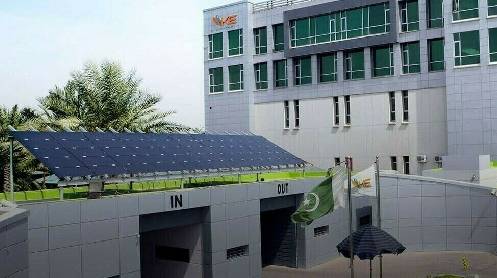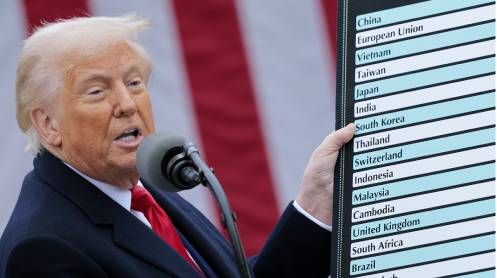LONDON: In recent times, the complex ownership structure of K-Electric (KE) — a pivotal cornerstone of Pakistan’s national security infrastructure — has become a subject of intense scrutiny in relation to the ongoing proceedings at the Cayman Island Court for the full control of the company.
The ownership structure has come under discussion after it was reported that the majority shareholding of K-Electric has been taken over by Sage Venture Group Ltd, a British Virgin Islands-registered special purpose company wholly owned by AsiaPak Investments Ltd, a venture of businessman cum banker Shehryar Chishti.
The businessman, who also owns Daewoo bus service, has said he wants to reform the whole KE system after taking full direct control. However, the other stakeholders have been mulling further legal challenges both inside and outside of Pakistan and the news that the Sage Ventures Limited has submitted a winding-up petition of KESP, the immediate parent of KE, in the Cayman Courts has incited resistance by Aljomaih Group of Saudi Arabia and NIG of Kuwait.
Who really owns the K-Electric that became a global name after it was linked with the defunct Abraaj and its founder Arif Naqvi?
Evidence shows that it was in the year 2005 that the Aljomaih Group of Saudi Arabia and National Industries Group (NIG) of Kuwait, through an agreement in collaboration with the Government of Pakistan, attained the lion’s share of KE ownership. This privileged position has persisted to this day, endowing the two entities with a commanding see-through ownership of 30.7 percent in the company, KE.
In 2008, an exceptional exemption waiver was granted by the Pakistani government for the entry of Abraaj, enabling their entry into this investment venture. This access was facilitated through a special purpose vehicle domiciled in the Cayman Islands, named Infrastructure Growth and Capital Fund (IGCF) SPV 21, which boasted over 80 investors brought in by Abraaj as part of the IGCF Fund structure in addition to Abraaj’s proprietary investment, according to records.
In the wake of Abraaj’s liquidation around 2018 after a big scandal, the mantle of managing the firm’s stake, encompassing the interests of Limited Partners (LP) within the IGCF Fund, fell to liquidators and the shareholders and liquidators started working together to consummate the sale of KE to Shanghai Electric.
However, in the later part of 2022, events took a turn when liquidators undertook a series of transactions, effectively transferring their responsibilities to a company freshly incorporated in 2022, namely Sage Ventures Limited, owned by Shehryar Chishti and his spouse. The dispute became public when Chishti claimed he possessed the majority stake in KE whereas the other shareholders say that Sage Ventures Limited has acquired only the management of IGCF Fund and a minority share in the LPs of the Fund, translating to just about 7 percent of see-through shareholding in KE in comparison to the formidable 30.7 percent ownership held by Aljomaih Group.
The other stakeholders say Chishti’s claim of owning the majority stake in KE is unfounded on the basis that acquiring the General Partner (GP) of IGCF as GP ownership merely gives management rights without any economic stake in KE and that the IGCF Fund’s stake in SPV 21 comprises purely non-voting shares.
Adding to the complexity is the existence of distinct share classes, including voting and non-voting shares, in the Cayman Islands. However, an investigation into SPV 21’s actual share register has revealed that the sole proprietor of the voting stock is Abraaj Investment Management Ltd (AIML), which is also currently under liquidation. This raises further questions about the actual ownership of the main company and indicates that there will be hard legal battles ahead.
The Aljomaih Group, possessing 30.7 percent ownership, along with Mashreq Bank (based out of UAE), an additional significant stakeholder with 10.5 percent see-through ownership in KE, collectively accounts for 41.2 percent ownership in KE. All these stakeholders have aligned interests. Their shared objective, according to them, revolves around enhancing KE and fostering foreign direct investment (FDI) in Pakistan. They claim they have opted not to receive any dividends from KE since 2005, chanelling the cash flow back into the company to bolster its capacity and stimulate growth. Shehryar Chishti told The News and Geo that “with new ownership and management at IGCF we simply seek to bring focus to improving KE”. He said a lot needs to be done at KE and he is aiming to do at KE what has not been done over the last few years. He said his priority would be to deal with the issues of losses, higher cost generation, rising debt and lower quality service.





